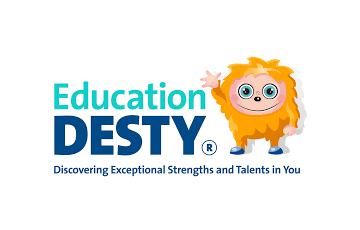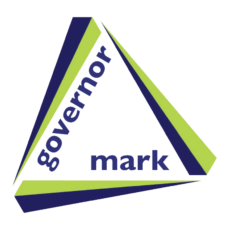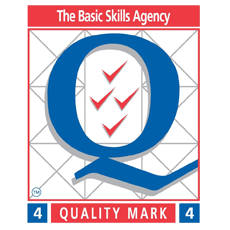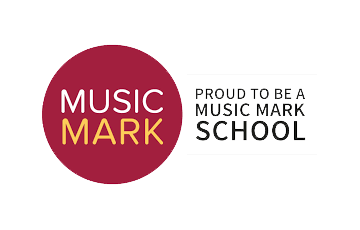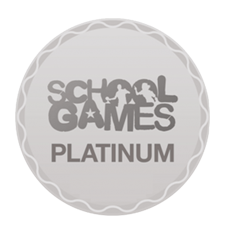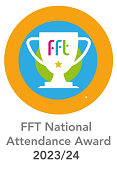Design Technology
Miss P Price - Design Technology Lead Mr K O'Keeffe - DT Link Governor
INTENT
At Eccleston Lane Ends our intent for Design and Technology is to offer an ambitious curriculum which is inspiring, progressive and practical. Children participate in a broad range of practical experiences which solve real and relevant problems within a variety of different contexts.
IMPLEMENTATION
Design Technology is taught termly throughout KS1 and KS2. DT is taught weekly, or in blocks throughout the year, so that children can achieve depth in their learning.The children use ‘knowledge Mats’ at the start of each unit to generate curiosity and discussion. Children in both key stages develop their vocabulary throughout each lesson adding key words and phrase to their ‘Make it stick’ page.The teaching and learning of DT at Eccleston Lane Ends shows progression across all key stages, building on key skills, vocabulary and critical thinking. Children are encouraged to listen to the ideas of others, and treat them with respect, to critically evaluate existing products, both their own work and those of others. At Eccleston Lane ends, we believe that Design and Technology prepares children to take part in the development of the rapidly changing world. Creative thinking encourages children to make positive changes to their quality of life. DT encourages children to become innovative and creative thinkers and problem-solvers, both as individuals and as part of a team.
IMPACT
By the end of their time at Eccleston Lane Ends children will …
- Develop a range of life skills, which they can use and develop beyond school life.
- Display confidence and enjoyment in Design and Technology.
- Use and apply skills across the curriculum, making meaningful connections in purposeful contexts.
- Have a resilient attitude.
- Ability to thinking critically and problem solve.
- Have ambitious aspirational futures an understanding of how to achieve these.
BRITISH VALUES
Threaded through Design Technology lesson are the fundamental British Values of Rule of Law, Individual Liberty, Democracy, Mutual Respect and Tolerance.
Rule of Law
In Design Technology children develop an understanding of the importance of safety rules when using tools and accept that if these rules are not followed that there are consequences.
Individual Liberty
Children are given the freedom to express themselves through design and the creation of a wide variety of products in Design Technology. They are also encouraged to evaluate both products from a range of times and cultures and their own and each other’s. Children also learn to accept that the ideas of others may not be the same as their own but are equally valid.
Democracy
During Design Technology children are encouraged to take the views and opinions of others into account but still have the right to make their own choices. Lessons also encourage children to take turns when speaking and when working practically with others. Opportunities are presented for pupils to understand that it is not always possible or right to have their own way and understand the value of compromise.
Mutual Respect
During DT lessons pupils are expected to listen to and consider the ideas and opinions of others even if they differ from their own. They are also expected to be able to take turns during discussions, resolve difficulties or make decisions, for example, when choosing materials for making a product.
Tolerance
Through Design Technology the children learn to appreciate the ideas of others that are different to their own and that many great design ideas originate from other cultures.
ASSESSMENT
Design Technology is assessed termly using a data tracker that covers the relevant skills and progression for the year group and topic. A teacher judgement is made based on a child’s whole project including exploring, designing, making, redrafting, and evaluating. We use data analysis to ensure good progress is made throughout the class and children who need further support are identified and provided with additional support, guidance, and strategies.
EYFS
In EYFS, Design Technology is implemented through physical development and expressive arts. Within various topics, physical development is explored through fine and gross motor activities such as arts and crafts and the practice of using small tools. Feedback and support from adults allows children to develop proficiency, control and confidence. Through expressive arts, children have regular opportunities to engage with the arts, enabling them to explore and play with a wide range of media and materials developing their understanding, self-expression, vocabulary and ability to communicate through the arts.



